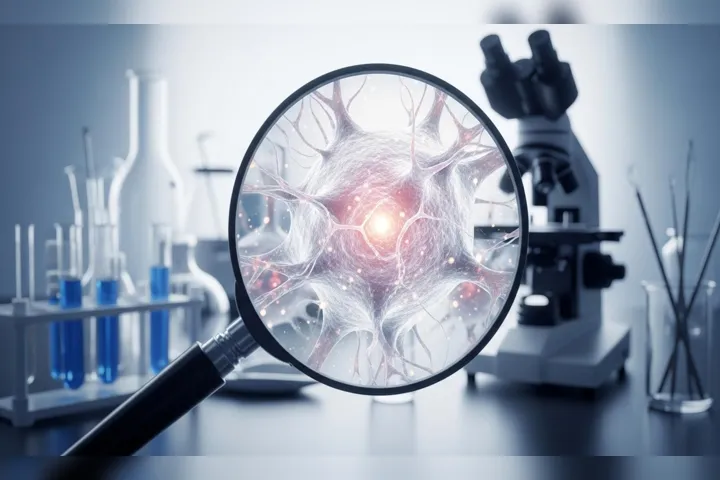
Portland Scientist Wins Nobel Prize for Immune System Research Impacting Autoimmune Disease Treatment

What's Happening? Mary E. Brunkow, a molecular biologist from Portland, is among the three researchers awarded the Nobel Prize in medicine for their discoveries on immune system regulation. Brunkow, along with Fred Ramsdell and Dr. Shimon Sakaguchi, identified the role of regulatory T cells in maintaining immune balance, a breakthrough in understanding autoimmune diseases like Type 1 diabetes and lupus. Their work on peripheral immune tolerance has paved the way for potential advancements in autoimmune disease treatment and organ transplant success. Why It's Important? The Nobel Prize awarded to Brunkow and her colleagues highlights the transformative impact of their research on immunology. By elucidating the function of regulatory T cells, their findings offer new strategies for managing autoimmune diseases, potentially reducing the need for immunosuppressive therapies that increase infection risk. This research not only enhances the understanding of immune system dynamics but also opens possibilities for cancer treatment, as it strengthens the body's natural defenses against tumors. The recognition of their work underscores its significance in advancing medical science and improving patient outcomes. What's Next? Following the Nobel Prize announcement, the scientific community is poised to explore the practical applications of regulatory T cells in medical treatments. Efforts are underway to increase the number of these cells to better control autoimmune diseases, potentially leading to innovative therapies. The award ceremony is set for December 10, honoring the legacy of Alfred Nobel. Researchers anticipate further breakthroughs in immunology, building on the foundational work of the laureates. Beyond the Headlines Brunkow's recognition as a Nobel laureate underscores the importance of scientific curiosity and perseverance. Her achievements reflect the broader cultural and educational impact of fostering scientific inquiry, inspiring future generations to pursue research that addresses complex health challenges. The discoveries made by Brunkow and her colleagues challenge existing paradigms in immunology, prompting a reevaluation of treatment approaches and encouraging interdisciplinary collaboration. AI Generated Content
For the benefit of users - Parts of this article may include content generated using AI tools. Our teams are making active and commercially reasonable efforts to moderate all AI generated content. Our moderation processes are improving however our processes are carried out on a best-effort basis and may not be exhaustive in nature. We encourage our users to consume the content judiciously and rely on their own research for accuracy of facts. We maintain that all AI generated content on our platform is for entertainment purposes only. To know more about how we use AI, you can write to us at
Close AI Generated Content